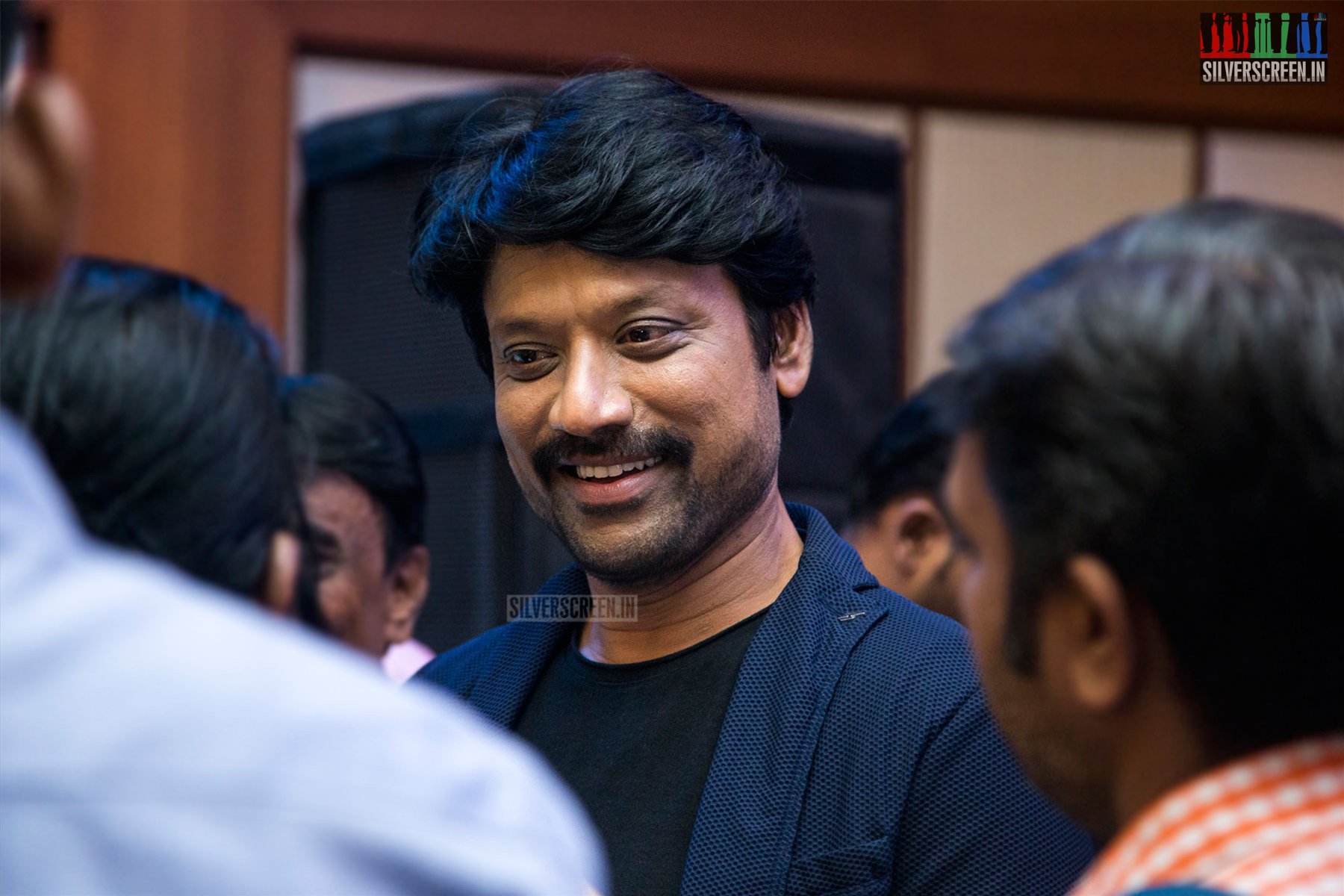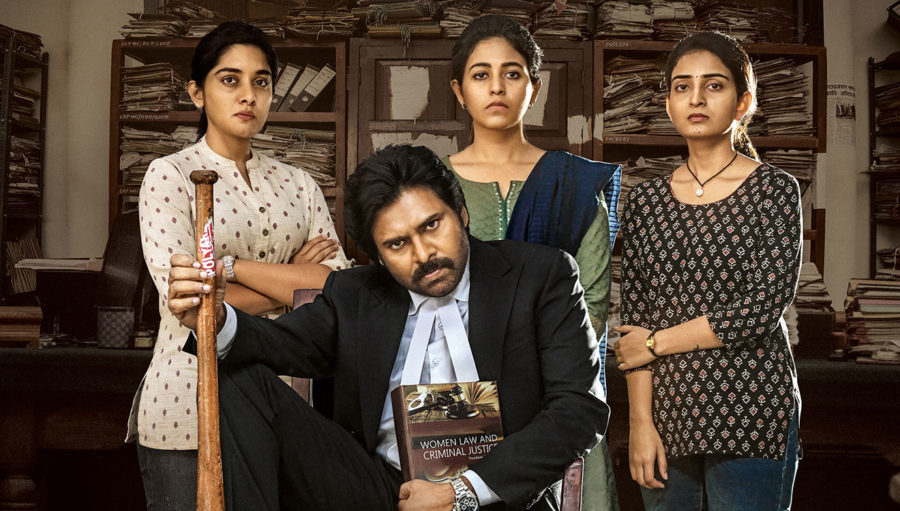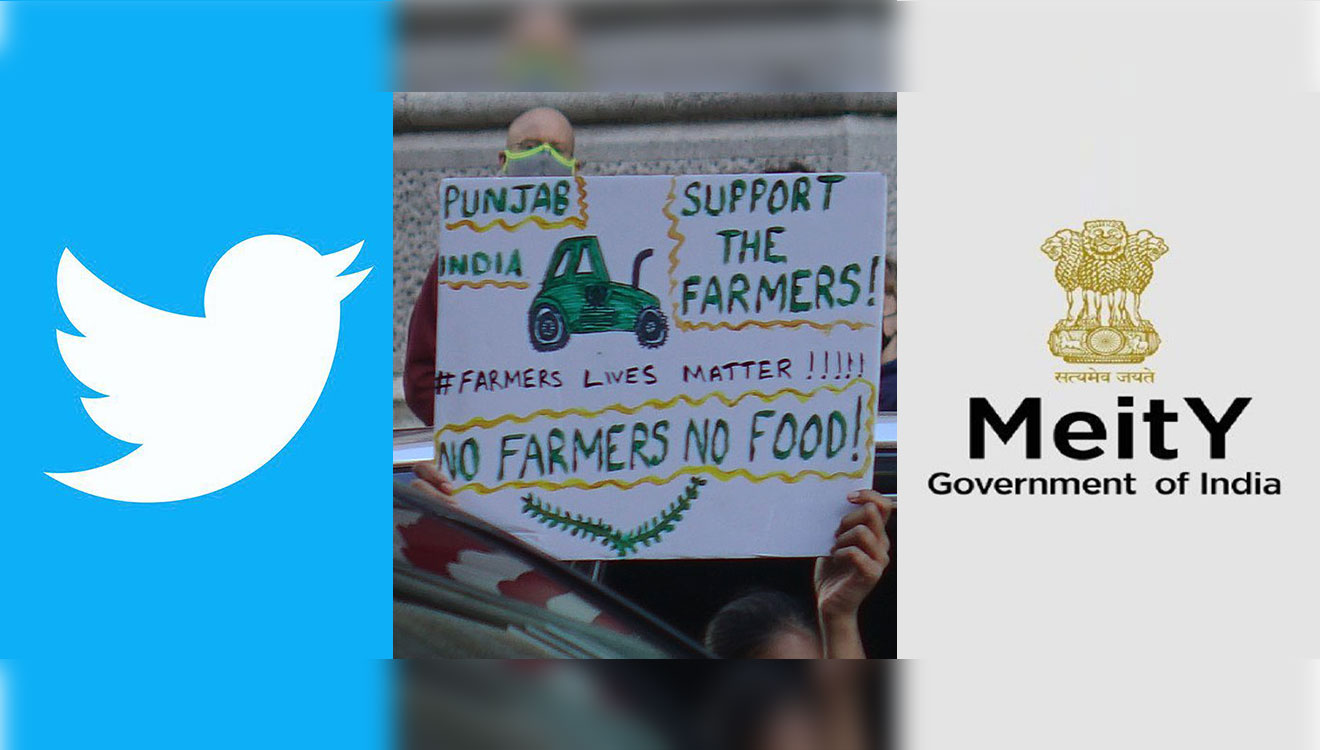Ms. En Scene – where Ranjani Krishnakumar concedes that cinema is life. Opinions expressed are those of the contributor, and not those of the company or its employees.
You might remember this from the 2005 film Anniyan.
While making ‘Chokkan 65’, the eponymous hero, a vigilante, asks, “Anju paisa thirudina thappa?” [Is it a crime to steal five paise?]
Chokkalingam, a railway contractor says, “periya thappillinga.” [Not a big crime.]
“Anju kodi dhadava anju paisa thirudina?” [What if five paise is stolen 5Cr times?]
“Thappu madhiri thaanga theriyudhu”. [It seems like a crime.]
“Anju kodi per anju kodi dhadava, anju anju paisa-va thirudina?” [What if 5Cr people steal 5paise each 5Cr times?]
“Periya thappunga!” [It’s a huge crime!]
*****
At the airport, just before leaving to the US in pursuit of safety, Sandhya, the sister of a woman brutalised in sexual violence, asks Karnan, a police officer,
“Gandhi desathula Gandhi Jayanthi annikki oru ponnukku indha kodumaiya? [In Gandhi’s country, on Gandhi Jayanthi, should a woman suffer this!]
Cut to the day Karnan takes over as the inspector: October 2
“Who let criminals such as these roam the streets?” Sandhya says.
Cut to Karnan’s wink on that day — he was the one who took a bribe and set them free.
“No woman would want this horror happening to another,” she cries.
Karnan looks around like he has never heard of the sisterhood.
“Oruthanayum vidaadhe na,” she bawls. Get every last one of them.
*****
Fifteen years ago, Anniyan explored the problem of its times — corruption, much like the other vigilante heroes of Shankar’s cinematic universe. The film is so focussed on corruption in public service and corrosion of personal integrity that even the one or two references to violence against women is seen through this lens. In fact, in a bus scene where Nandhini is clearly a victim of sexual harassment (and Ambi, the protector), the film focusses on her compromise on personal integrity than on the toll such regular harassment would take on her.
In the present, Ayogya, explores problems of its era — violence against women, that involves some form of torture, rape or murder. The undercurrent of corruption in public service and corrosion of personal integrity stays in Ayogya as well, yet, the focus is on the female victim and the not corruption itself.
*Spoiler alert*
If you can look past the diametric difference in the quality of writing, the incomparable skills of the leading actors, the decibel levels, and the overall strength of filmic output, Anniyan and Ayogya are two sides of the same coin — the death of an innocent person incites a sense of responsibility in the mind of the protagonist. And this responsibility takes different forms.
Both Anniyan (the vigilante alter ego) and Ayogya (the corrupt cop) are products of their childhood, their present-day selves carefully crafted by themselves based on their own lived experiences. The system beat them down, they learned what they could from being beaten down. If you lay both these films one on top of the other, Ambi and Karnan begin at the same point — death of an innocent person — and live divergent lives.
‘Anniyan’, literally stranger, becomes the anomaly among millions of everyday crooks. Ambi — the nice guy wronged by the system — is the hero; he’s the one everybody should ‘ideally’ be. Anniyan wants to change the world.
‘Ayogya’, meaning corrupt, is your everyday crook. Karnan, fifteen years later, is the embodiment of the (still broken) system — in 2019, a sexist, misogynist, incompetent, corrupt adult male passes for the (anti-)hero. Karnan wants to use the world.
Karnan, in Anniyan’s universe would have been kumbeebaagam-ed and then some.
Yet at the point where they both realise their responsibilities, their lives begin to converge. Karnan begins where Anniyan ends and works backwards — Ambi turns vigilante after having tried to get the system to do justice, whereas Ayogya turns to the law after spending his life undermining it.
*****
So, when Ayogya turns Anniyan in the third act of the film, he has no right to be. He’s culpable. It is here that I want to read Karnan’s last act less as a ‘sacrifice’ and more as a confession of guilt. He’s your garden variety #NotAllMen-er. Literally and metaphorically, his every act of trivialising violence against women throughout the film, bubbles up to the crime that the film culminates in.
Here, Ayogya focusses, rather indulgently, on Karnan’s culpability. The film spends enough time reminding us that every alarming act he ignored for his own benefit affects women in some way or another.
In the real world, Karnan’s excuses would make him the President of the “films are for fun; real crime doesn’t happen because film heroes stalk” brigade. And the General Secretary of the “why did you wait for fifteen years” brigade. Or the “I believe in #metoo, but we stopped working with Vairamuthu even before the movement started” brigade.
Recommended
So, it is only natural that, in the end, he becomes the independent candidate in the rape and murder of Bhavani case. He was complicit. In Anniyan’s world, for stealing every anju paisa that he did, Karnan too would be kumbeebaagam-ed. In Ayogya’s world, he flew into the frying pan himself, that’s all.
*****
Glossary
Kumbeebaagam: Boiling someone in hot oil, a punishment meted out in hell, as per the mythological Garuda Puranam. Referenced extensively in the film Anniyan.
#NotAllMen: This phrase “Not all men” is a common rebuttal used (most often) by men in conversations about gender in order to exempt themselves from criticism of common male behaviours. (Source: Vox.com)
*****
Unmistakable. Meticulous. Predominantly an essayist. Evolved from a marketer. Ranjani Krishnakumar eats Tamil films all day and fruits for breakfast. Roosts with pair in Chennai apartment. Usually found chasing Vitamin-D. Believes “Dei” or “Pch” is the answer to all questions.
Twitter: @_tharkuri



